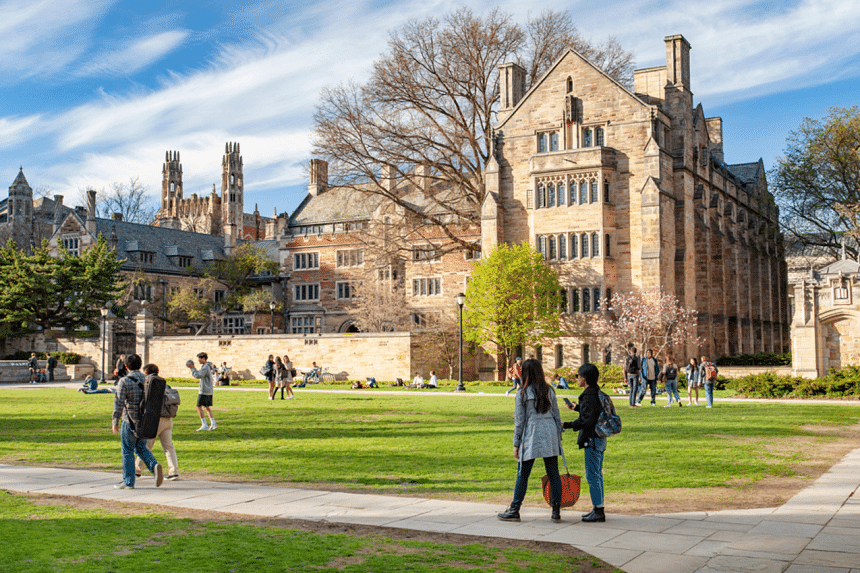Yale University issued a formal apology on Friday for its historical connections to slavery, following several years of intensive research and study into its involvement with the transatlantic slave trade. In a statement, the prestigious educational institution recognized its role in slavery, as well as the labor, experiences, and contributions of enslaved individuals to its history.

A Reckoning with the Past of Yale University
The apology from Yale University comes amidst a broader trend of institutions reckoning with their ties to slavery. Over recent years, a growing number of organizations have undertaken efforts to acknowledge and apologize for their historical complicity in perpetuating the transatlantic slave trade. The momentum for such actions surged notably in 2020 following the death of George Floyd, which galvanized movements against systemic racism across the United States.
Uncovering Historical Realities
Since October 2020, members of the Yale & Slavery Research Project have been diligently conducting research to uncover the university’s links to slavery. Their efforts have resulted in the public dissemination of findings that shed light on the extent of Yale’s connections to the institution of slavery. While there are no known records of Yale itself owning enslaved individuals, the research project has revealed that many of Yale’s Puritan founders and early leaders, along with other prominent members of the university community, were slave owners. The project has identified over 200 enslaved individuals associated with Yale’s history.
A Step Towards Reconciliation
In its statement, Yale University acknowledged that while recognizing and apologizing for its historical connections to slavery are important steps, they are only part of the broader path forward. The institution has committed itself to continued reflection, education, and action aimed at addressing the legacies of slavery and promoting racial equity and justice. By confronting its past and actively working towards reconciliation, Yale seeks to contribute to the ongoing efforts to build a more inclusive and equitable society.

Yale’s apology serves as a significant acknowledgment of the university’s historical responsibilities and underscores the importance of confronting uncomfortable truths about the nation’s past. Moving forward, Yale’s commitment to grappling with its legacy of slavery sets a precedent for other institutions to engage in similar processes of introspection and accountability. As the journey toward racial reconciliation continues, Yale’s apology marks a meaningful step toward fostering understanding, healing, and progress in the ongoing fight against systemic racism.